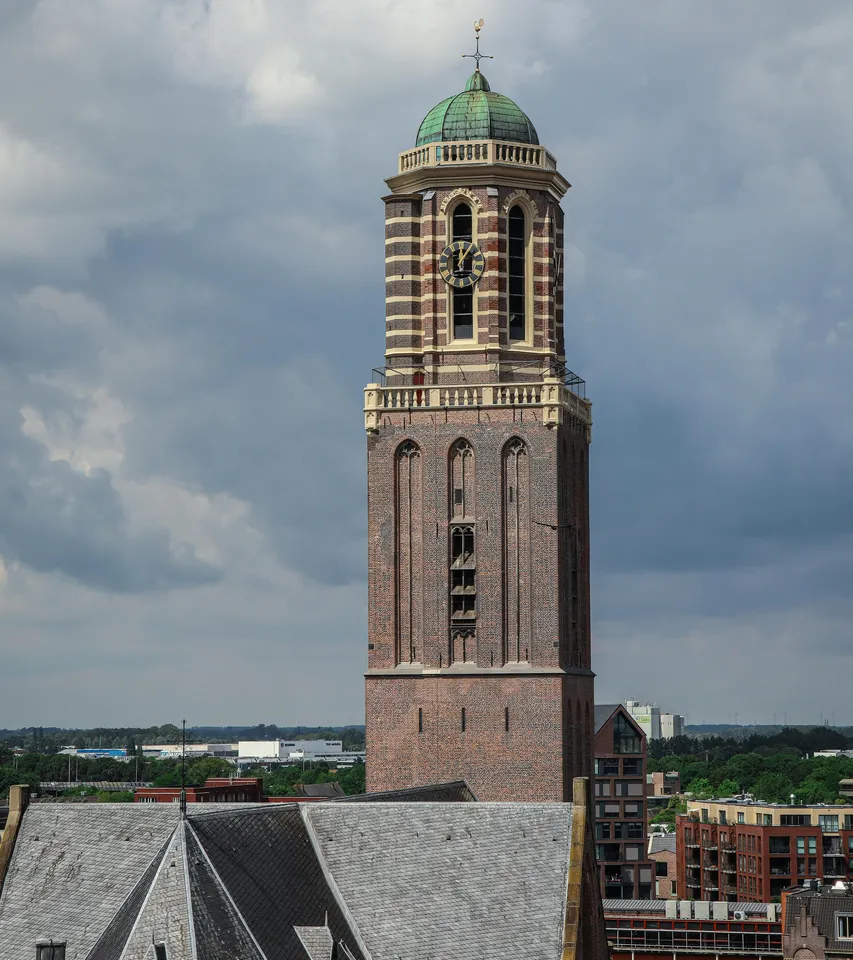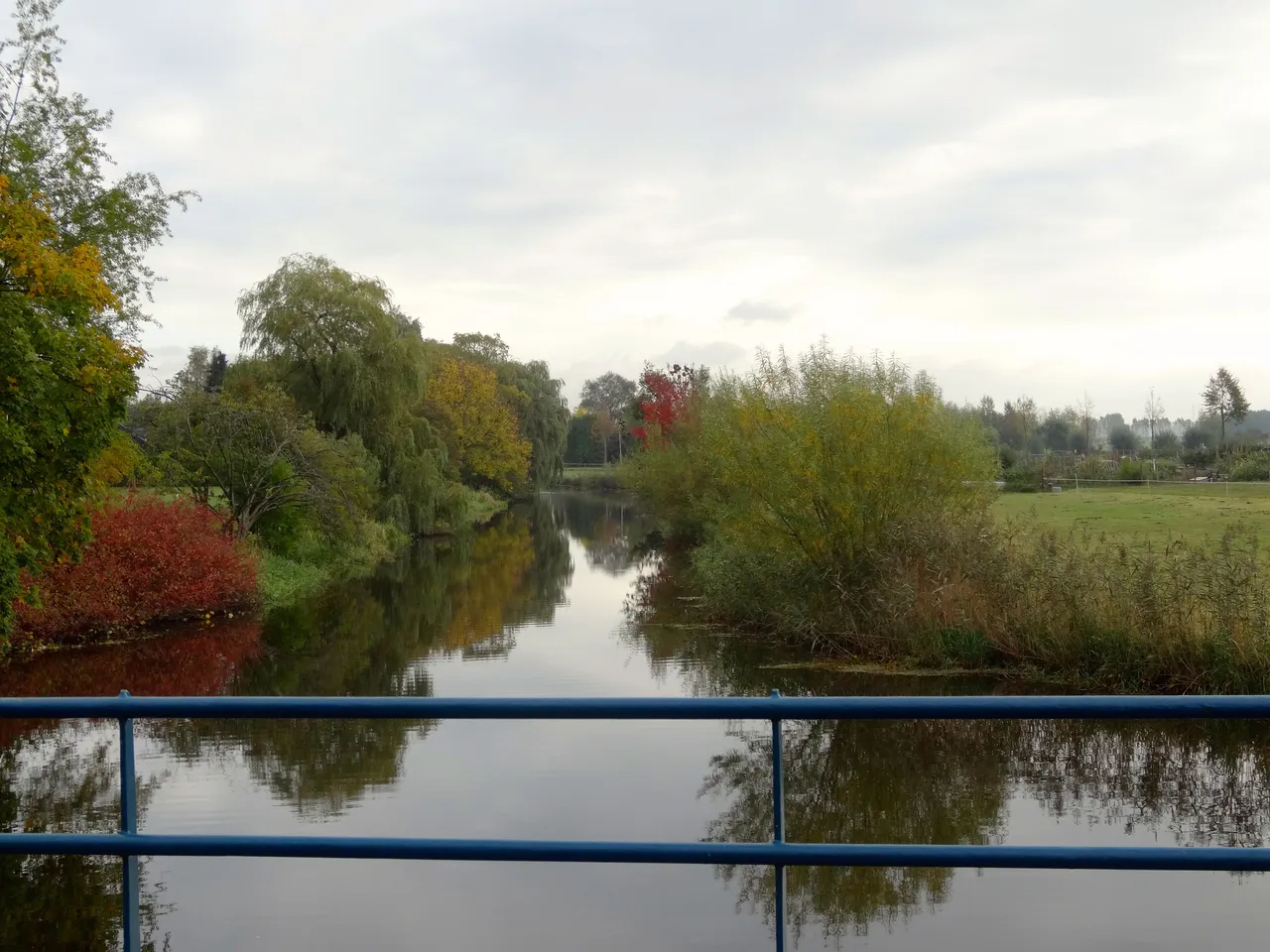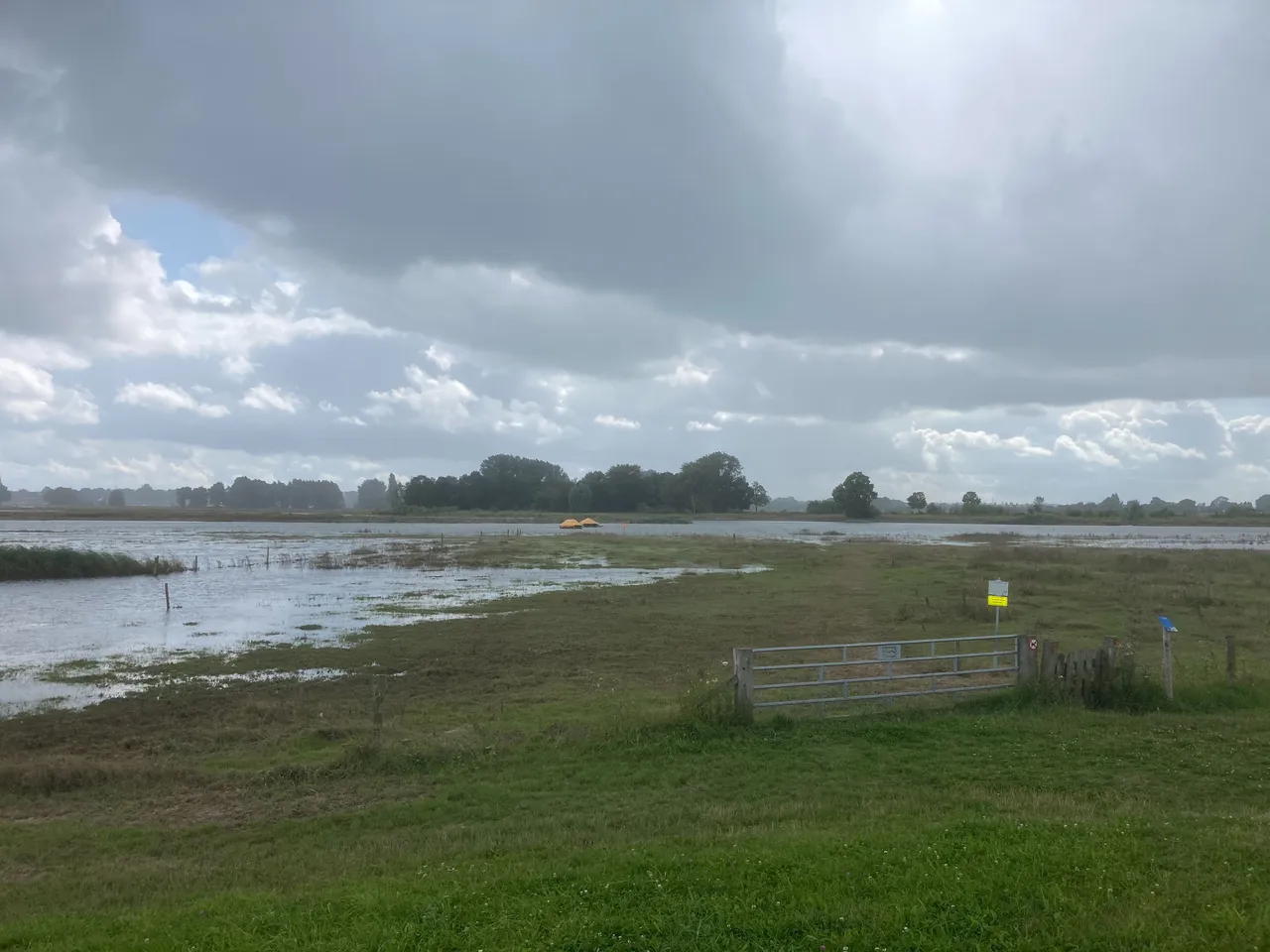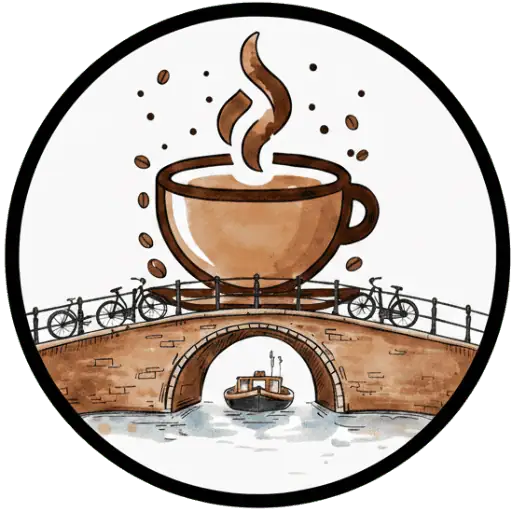Zwolle breathes coffee. From Hanseatic‑era roasteries to Mocca d’Or’s high‑tech roasting centre, the city combines centuries of craftsmanship with innovation and sustainability. Top cafés shine in the Misset Koffie Top 100, while circular projects turn spent coffee grounds into tasty opportunities for entrepreneurs and residents.

Roasters in Zwolle
No roasters have been found yet.
Districts in Zwolle

Wipstrik
Wipstrik drinkt koffie dichtbij huis, met buurtplekken, Park de Wezenlanden en festivalpieken. Doordeweeks zorgt Isala voor to-go vraag. Herbruikbare bekers en duidelijke statiegeldprocessen zijn de Zwolse norm en sturen aanbod.

Diezerpoort
Diezerpoort kent een nuchtere, buurtgerichte koffiescène: korte kaart, sociale ontmoetingsplekken en to-go bij boodschappen, historisch verankerd rond Diezerbrink en Brink.

Stadshagen
Stadshagen heeft een praktische, gezinsgerichte koffiescène rond winkelcentrum, Milligerplas en Park de Stadshoeve. Geen uitgesproken specialty bars, wel kansen voor kindvriendelijke third-wave concepten en laptopvriendelijke ontmoetingsplekken bij Hart van Stadshagen en de plas.

Westenholte
Westenholte kent buurtgerichte koffie met Petuniaplein als spil. Buurtzaken als De Verwennerij, AnyTyme en Westenhage bieden toegankelijke daghoreca. Koffie verbindt boodschappen, schoolrondes en vrijdagmarkt, met nadruk op gemak, vertrouwdheid en betaalbaarheid.

Holtenbroek
Holtenbroek kent een laagdrempelige koffiecultuur rond Bachplein en het wijkcentrum. Koffie verbindt bewoners bij activiteiten, met nadruk op cappuccino en espresso, zitplekken overdag en grab-and-go langs routes voor school en boodschappen.

Kamperpoort-Veerallee
Kamperpoort-Veerallee kent bescheiden specialty dichtheid, met to-go rond station en kades, en langere zitmomenten bij villa’s en hotels. Direct-trade, hergebruik en sociale koffiemomenten vormen het lokale profiel.

Marsweteringlanden
Achtergrond en heden van de koffiecultuur in Marsweteringlanden, Zwolle, met historische stops, branderijen en recreatieve horeca. Focus op functionele ontmoetingsplekken, vroege openingstijden en geen third wave specialty bar binnen het district.
Assendorp
Assendorp biedt een buurtdreven koffiescène langs de Assendorperstraat, met Everyday Bread voor ochtend to-go, Freddies voor brunch en Mens en Kinders voor gezinnen. Events op het Assendorperplein en De Enk zorgen voor extra verkeer.

Vechtlanden
Vechtlanden is een landelijke tussenstop voor koffie tijdens wandel en fietsroutes. Denk aan De Langenhof, De Agnietenberg en seizoensdrukte rond het handgetrokken veer bij Haerst.

Berkum
Berkum beleeft koffie via wijkcentrum, kantines en buurtadressen, met pieken rond ochtend, sport en clubavonden. Specialty opties zijn schaars in de wijk, de binnenstad vult aan; duurzaamheid loopt via koffiedik en initiatieven als Berkum Energieneutraal.

Binnenstad
De Zwolse Binnenstad bundelt historie en specialty. Rond Luttekestraat liggen Maling en Rojas, met erfgoedwinkel ’t Konkeltje, museumcafés en duurzame initiatieven zoals herbruikbare bekers en lokale branding.
Ittersum
In Ittersum draait koffie om buurtplekken: winkelcentrum, Stadkamer Zuid en SIO. Focus op koffie met gebak, lunch en high tea, met Zuijdt voor terras en avond. Voor specialtybars kiest men de Zwolse binnenstad.

Soestweteringlanden
De koffiecultuur is klein, overdag en routegebonden. Stops liggen bij zorgboerderijen, theehuis en seizoenskiosken rond Windesheim en Harculo, met nadruk op wandelen, ontmoeting en eenvoudige koffie met taart.
Poort van Zwolle
Poort van Zwolle kent twee koffieritmes, functioneel op Voorst doordeweeks en ontspannen in Spoolde in het weekend. Ankers zijn City Café, Uitspanning Het Engelse Werk en De Vreugdehoeve.

Aalanden
Aalanden mist specialty cafés, maar biedt buurtgerichte koffie rond De Dobbe. Bakkerij, Délifrance, bibliotheek en De Bolder faciliteren korte koffiestops, met dinsdagmarkt en seniorenactiviteiten als ritmebepalers.

Schelle
Kernprofiel van koffie in Schelle: parkgericht en buurtgericht, met Het Engelse Werk, De Bierton en De Schellerhoeve. Focus op gezinnen, wandelaars en ouderen, met kansen in erfgoed, terrassen en duurzame initiatieven.
More about Zwolle
Historical roots
Prestige and awards
- Sam’s Specialty Coffee: selects beans per customer at no extra cost.
- Espressobar Maling, homely atmosphere and filter options.
- Bar & Brood, top‑10 listing, simplicity with expertise.
- De Gillende Keukenmeiden, famous lemon cake with Brazilian coffee.
